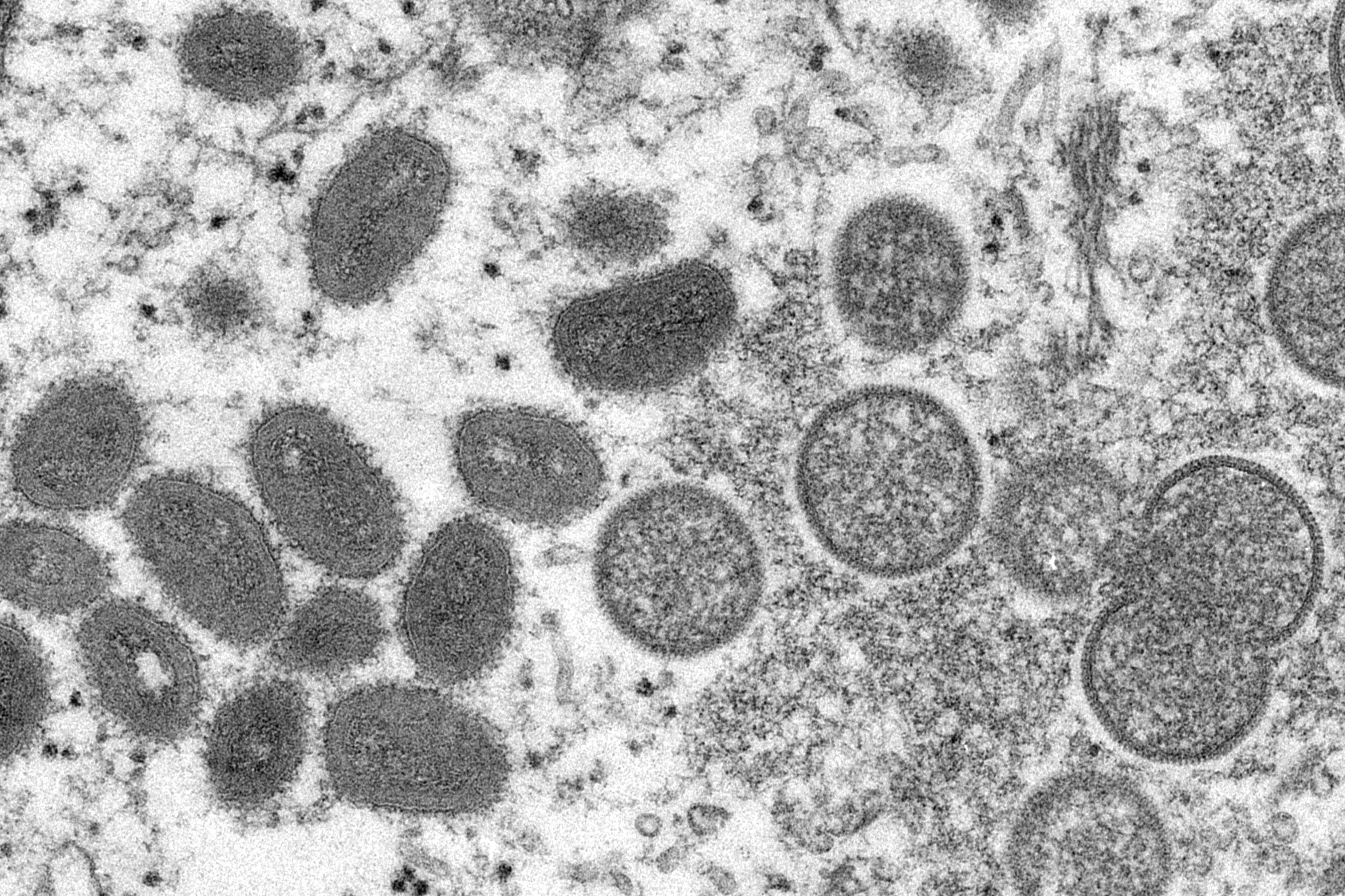Israel reports first case of monkeypox, suspects others
Israeli authorities say they have detected the country’s first case of monkeypox in a man who returned from abroad and were looking into other suspected cases

Your support helps us to tell the story
From reproductive rights to climate change to Big Tech, The Independent is on the ground when the story is developing. Whether it's investigating the financials of Elon Musk's pro-Trump PAC or producing our latest documentary, 'The A Word', which shines a light on the American women fighting for reproductive rights, we know how important it is to parse out the facts from the messaging.
At such a critical moment in US history, we need reporters on the ground. Your donation allows us to keep sending journalists to speak to both sides of the story.
The Independent is trusted by Americans across the entire political spectrum. And unlike many other quality news outlets, we choose not to lock Americans out of our reporting and analysis with paywalls. We believe quality journalism should be available to everyone, paid for by those who can afford it.
Your support makes all the difference.Israeli authorities say they have detected the country's first case of monkeypox in a man who returned from abroad and were looking into other suspected cases.
Israel's Health Ministry said late Saturday the man was in a Tel Aviv hospital in good condition. It called on anyone returning from abroad with fever and lesions to see a doctor.
Sharon Alroy-Preis, the head of public health services at the ministry, told Israeli Army Radio Sunday that medical teams were investigating other suspected monkeypox cases.
Israel's case appeared to be the first identified in the Middle East.
The World Health Organization has identified about 80 cases globally, and roughly 50 more suspected cases.
Cases of the smallpox-related disease have previously been seen only among people with links to central and West Africa. But Britain, Spain, Portugal, Italy, the U.S., Sweden and Canada all reported infections, mostly in young men who hadn’t previously traveled to Africa. France, Germany, Belgium and Australia have also identified cases.
The virus originates in primates and other wild animals and causes fever, body aches, chills and fatigue in most patients. People with severe cases can develop a rash and lesions on the face, hands and other parts of the body.